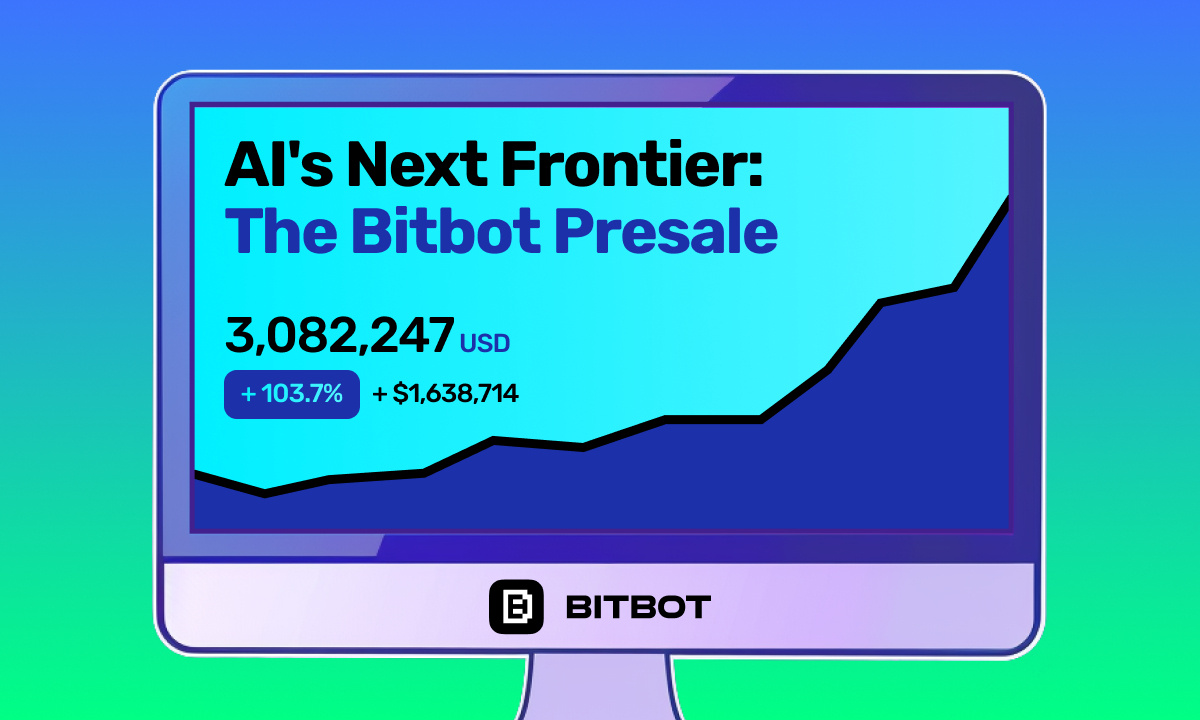The Last Month Of 2022’s Flashloan Attacks Witnessing $7.6 Million In Loss
Key Points:
- CertiKAlert said that December 2022’s flashloan attacks total $7.6 million, as recorded by CertiK, and marks an increase from November, which reached $5.2 million in losses.
- The Lodestar attack accounts for $6.5 million of the total loss.
Flashloan attacks taking place on DeFi platforms are not new to the crypto community. However, its activity seems to be stronger towards the end of the year.
CertiK Alert tweeted that December 2022’s flashloan attacks total approximately $7.6 million, as recorded by CertiK, and mark an increase from November, which reached approximately $5.2 million in losses.
The exploiter was successful in manipulating the plvGLP token exchange rate to 1.83 GLP per plvGLP, making it 83% more valuable than it should have been. Using the inflated tokens as collateral, the exploiter then used bad debt to withdraw all available liquidity on Lodestar Finance.
The exploiter took out 8 Flashloans ($70.5 million dollars), exploited then obtained all the loaned ETH (14,960) to GMX to start the ultimate exploit process, the exploiter pooled the WETH (14,960) million together and represented and extended to GMX in which he swapped 14,960 WETH for 19,001,512 USDC and roughly $70 on the platform.
As a result, the plvGLP/GLP exchange rate increased to 1.00:1.83, allowing the exploiter to take out more loans from the protocol’s assets.
As a result of the borrowings, the platform’s liquidity was quickly depletion, forcing the hacker to move the money out of Lodestar and leaving customers with bad debt. The attack vector is thought to have brought in a total profit of $6.5 million (the current value of tokens) for the exploiter.
Next is Elastic Swap, which operates on the Avalanche C-Chain platform, which recorded $374,000 in losses when the flashloan attack took place in mid-December. The employment of two distinct accounting systems in the uneven calculations for adding and deleting liquidity from contracts is the fundamental cause of the vulnerability.
The remaining platforms recorded relative losses. It can be seen that the current DeFi sector still has many vulnerabilities for attackers to exploit. DeFi’s strength is its decentralization as well as anonymity. But if the above factors are not overcome, flashloan attacks will still take place.
DISCLAIMER: The Information on this website is provided as general market commentary and does not constitute investment advice. We encourage you to do your own research before investing.
Join us to keep track of news: https://linktr.ee/coincu
Website: coincu.com
Harold
Coincu News






















